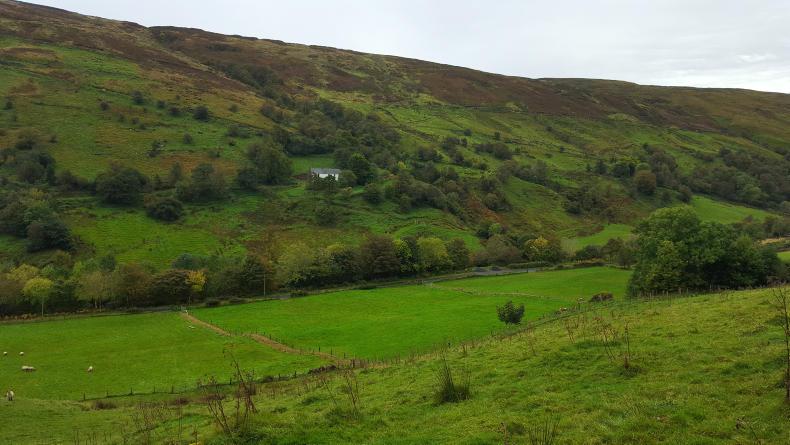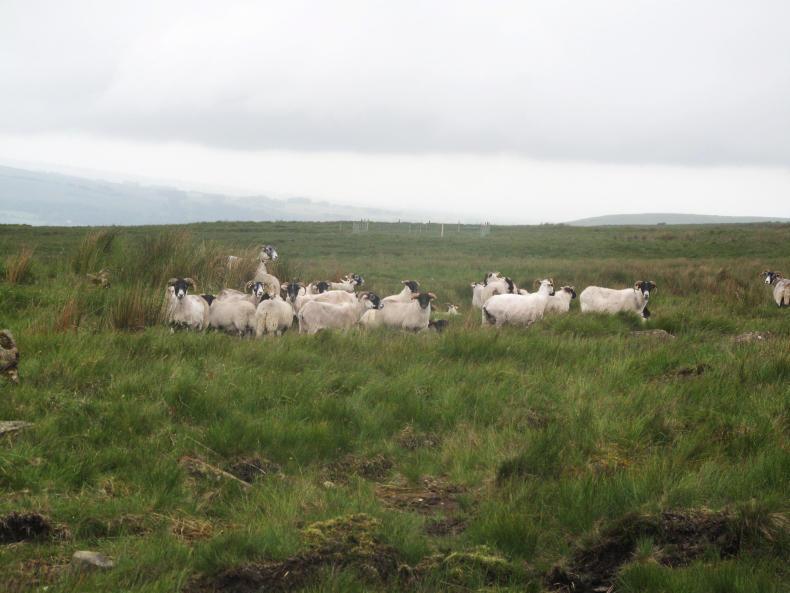Over the last 30 years, both agri-environmental schemes and farm capital grants have significantly benefited the development of many farm businesses in NI.
In particular, the old countryside management scheme encouraged good practice, the planting of hedgerows, restoration of stone walls, etc, while still providing some financial reward. Likewise, capital grants of the 1980s and 1990s saw many farmers able to erect new buildings and undertake drainage and reseeding at reasonable cost.
However, the most recent versions of these type of schemes (the Environmental Farming Scheme (EFS), and Tier 2 of the Farm Business Improvement Scheme) are more typical of the modern era where every penny must be accounted for and strict rules and regulations met.
In recent months, we have seen a lukewarm response from farmers to the wider-level EFS, which is well behind the original target of 2,000 agreements in place this year (1,388 agreements offered by DAERA). For most farmers, there is simply not enough on offer (either practically or financially) to encourage them into the scheme.
Meanwhile, in the FBIS capital grant scheme, only 189 farmers managed to persist through the red tape and bureaucracy, and submit an application. The scheme in its current form is really only suited to someone undertaking a major project.
On most farms, expansion is done gradually, a fact that seems to have been missed somewhere along the line. A return of capital allowances on new agricultural buildings might have much more of a positive effect.
With thoughts in the industry now turning towards a new agricultural policy post-Brexit, both capital grant and agri-environment schemes (along with other measures) have been suggested by the UFU as a means of supporting farmers into the future.
But recent experience suggests that we should be cautious in advocating that budgets are targeted in this way.
Assuming there is money available in the future, what farming leaders should promote most of all is getting as much of it as possible directly into the hands of productive farmers, not planners, consultants and others adding little value to the industry.








SHARING OPTIONS